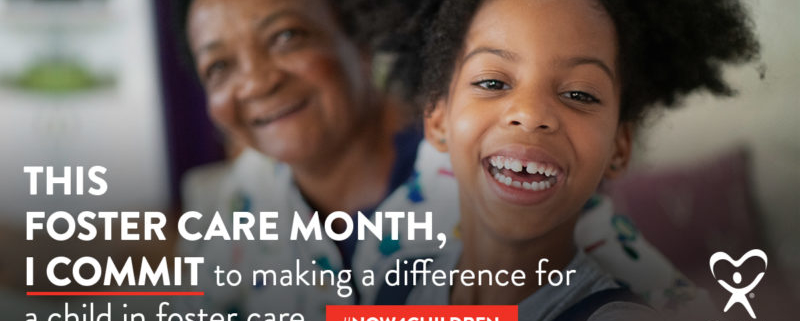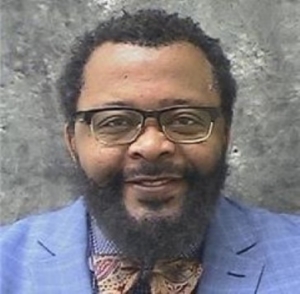Each day, the coronavirus pandemic puts more youth at risk of abuse and neglect, making them the youngest victims of America’s worst health crisis in a century.
This month is National Foster Care Month, a time to look again at the state of youth and recognize we must do more.
The pandemic has hurt youth on several fronts. It’s taken the lives of parents and grandparents, uncles and aunts – shredding youth’s most basic safety net- family. And the shutting down of all but essential services has pushed the jobless rate toward Great Depression levels – increasing poverty, homelessness, and hunger. This endangers all Americans, particularly the most vulnerable, the young.
The closing of schools alone has cost child-welfare agencies some of its best “eyes and ears,” those of teachers. In the first two weeks of April, calls across Maryland of suspected abuse and neglect to Child Protective Services dropped nearly 70 percent, compared to the same period last year. The decline, to 320 from 958, is a troubling sign that many cases are going unreported.
African Americans are disproportionately represented in foster care, and appear to be among the hardest hit in the pandemic. The rate of post-traumatic stress disorder among foster youth is double that of U.S. combat veterans. The pandemic is creating more stress as well as the economic and social climate that pushes youth into foster care.
Please consider volunteering to become one of our CASAs. Much of a CASA’s work during the pandemic is being done remotely, via phone or perhaps video chat, to guard against exposure to the virus.
Or you could make a financial contribution to help pay for the increased demands on our operation as we work to meet the growing needs of youth.
In recent months, we have been busy on several fronts. For example, we assisted a grandmother caring for her five grandchildren, so she could keep her grandchildren and not turn them over to foster care, and one of our CASAs helped a foster youth, who is a young mother, obtain diapers for her baby. Another CASA secured protective masks for a foster youth so he could accept a job at a hardware store.
With more than 430,000 children in the United States already in foster care – including upwards of 4,000 in Maryland, and about 500 in Prince George’s County – we must do more.





















